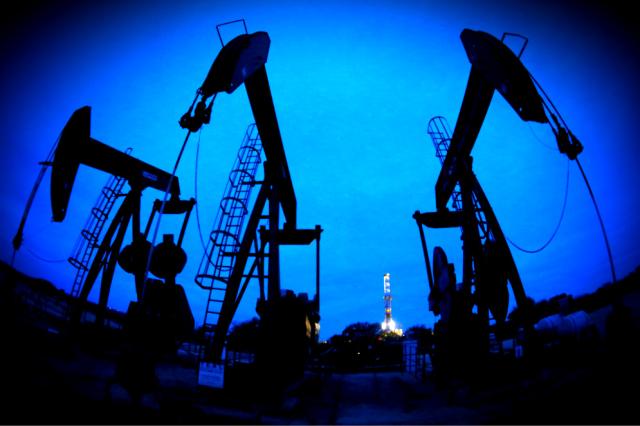

The course starts by presenting a review of gas lift equipment, valve operation and the unloading process. Discussion is carried out on installation, commissioning, operation monitoring, troubleshooting, and maintenance. Recent innovations in gas lift technology will also be presented and discussed. After attending this course, participants will be able to identify, diagnose, analyze, and solve gas lift problems ensuring the efficient operation of gas lift systems and maximizing production. Well modelling software will be used to illustrate design and troubleshooting applications while network modelling software will illustrate gas lift gas allocation and field wide optimization techniques.
By the end of this training course, participants should be able to:
The training instructor relies on a highly interactive training method to enhance the learning process.
The course material is rich with various training tools that ensure all participants gain a complete understanding of all the topics covered. The training environment is highly stimulating, challenging, and effective for all trainees to participate, share their thoughts, and inquire about their in-house challenges.
Module One: Production System Analysis & Artificial Lifting Theory
Module Two: Introduction to Gas Lift Technology
Module Three: Gas Lift Downhole Equipment
Module Four: Gas Lift Systems Diagnosis, Practical Troubleshooting and Optimization
Module Five: Gas Lift Systems Design
Module Six: Well Modelling Using software
CDGA attendance certificate will be issued to all attendees completing minimum of 80% of the total course duration.
| Code | Date | Venue | Fees | Register |
|---|---|---|---|---|
| DE258-02 | 17-05-2026 | Doha | USD 5450 | |
| DE258-03 | 27-07-2026 | Kuala-Lumpur | USD 5950 | |
| DE258-04 | 05-10-2026 | Istanbul | USD 5950 |
Providing services with a high quality that are satisfying the requirements
Appling the specifications and legalizations to ensure the quality of service.
Best utilization of resources for continually improving the business activities.
CDGA keen to selects highly technical instructors based on professional field experience
Since CDGA was established, it considered a training partner for world class oil & gas institution
3012, Block 3, 30 Euro Business Park, Little Island, Co. Cork, T45 V220, Ireland
Mon to Fri 09:00 AM to 06:00 PM
Contact Us anytime!
Request Info